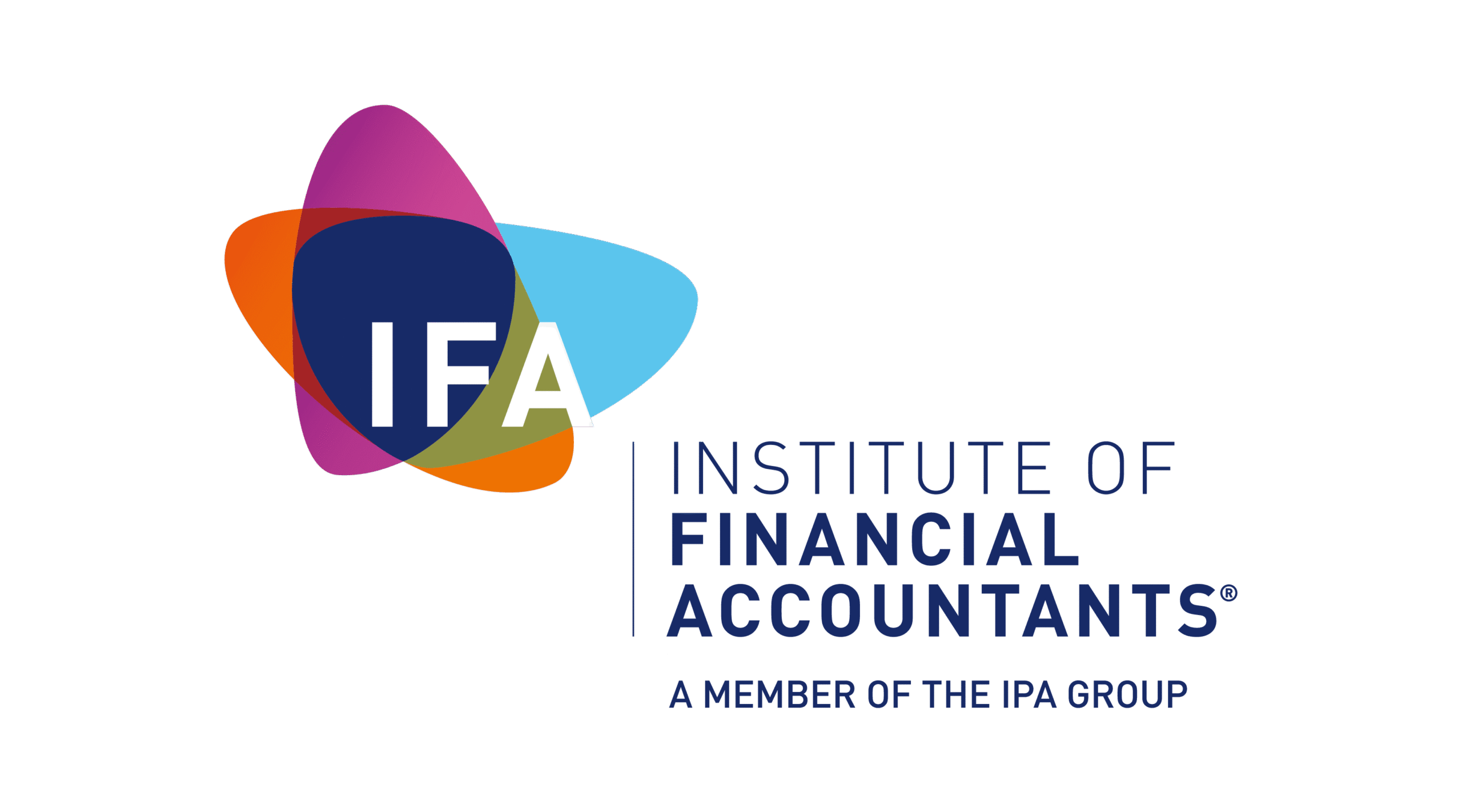
The UK accountancy sector is evolving rapidly with several important changes taking effect this year. From stricter enforcement by HM Revenue & Customs (HMRC) to advancements in technology assurance, businesses and accountants must stay well-informed to navigate this dynamic landscape successfully.
One of the most significant updates comes from HMRC’s introduction of tougher penalties for late tax payments and filings, effective from April 2025. The government aims to tackle the persistent £36 billion tax gap by increasing fines and raising interest rates on overdue payments. This shift means that both individuals and businesses face heightened financial consequences if they delay their tax submissions or payments. Timely compliance is more critical than ever, making robust tax management systems essential.
In addition to penalties, HMRC has also revamped its Check Employment Status for Tax (CEST) tool. The new version launched at the end of April is designed to simplify the process of determining whether a worker is employed or self-employed for tax purposes. By refining the questions and providing clearer guidance, HMRC hopes to reduce confusion and improve accuracy in employment status assessments, which is crucial for correct tax treatment and compliance.
Another notable change impacting companies is the revision of company size thresholds starting in April 2025. These thresholds determine the accounting standards businesses must follow when preparing their financial statements. Raising these limits may relieve many smaller and medium-sized enterprises from more complex reporting requirements, offering a welcome reduction in administrative burdens. This adjustment allows businesses to focus more on growth and less on regulatory compliance.
On the digital front, updates to HMRC’s Making Tax Digital (MTD) initiative for Income Tax continue to improve how individuals and businesses interact with their tax obligations. These changes emphasize streamlined digital record-keeping and submission processes, supported by updated guidance on software use and agent roles. The ongoing shift towards digital tax reporting aims to reduce errors, speed up processing, and increase transparency for taxpayers.
Beyond regulatory changes, the accounting profession itself is embracing technological innovation. The Big Four accounting firms—Deloitte, EY, PwC, and KPMG—are pioneering AI assurance services to evaluate and certify the reliability of artificial intelligence tools. As AI becomes more embedded in sectors such as autonomous vehicles and healthcare diagnostics, clients increasingly demand assurance that these systems operate safely and ethically. This emerging field highlights the growing intersection between accountancy, technology, and risk management.
In summary, the first half of 2025 has brought considerable shifts to UK accountancy, emphasizing stricter compliance, smarter digital processes, and the integration of advanced technologies. For businesses and accounting professionals, staying updated on these developments is essential to manage risks effectively and capitalize on new opportunities. At London Accountancy Hub, we are committed to helping our clients navigate these changes with confidence and precision.
Book a free strategy consultation with London Accountancy Hub today and see how your financial setup can be a driver of growth, not just a record of the past.
London Accountancy Hub provides expert accountancy and tax consultancy services across the UK. Trusted, transparent, and committed to your financial success.

AJP Business Centre
152-154
Coles Green Road
London, NW2 7HD

London Accountancy Hub UK




London Accountancy Hub provides expert accountancy and tax consultancy services across the UK. Trusted, transparent, and committed to your financial success.

AJP Business Centre
152-154
Coles Green Road
London, NW2 7HD

London Accountancy Hub UK



